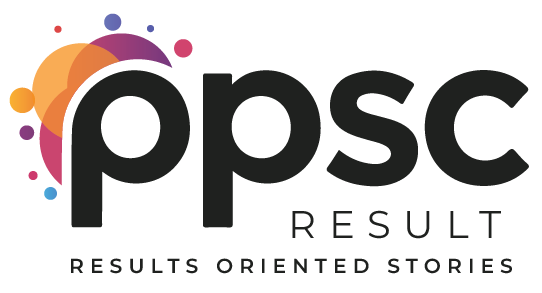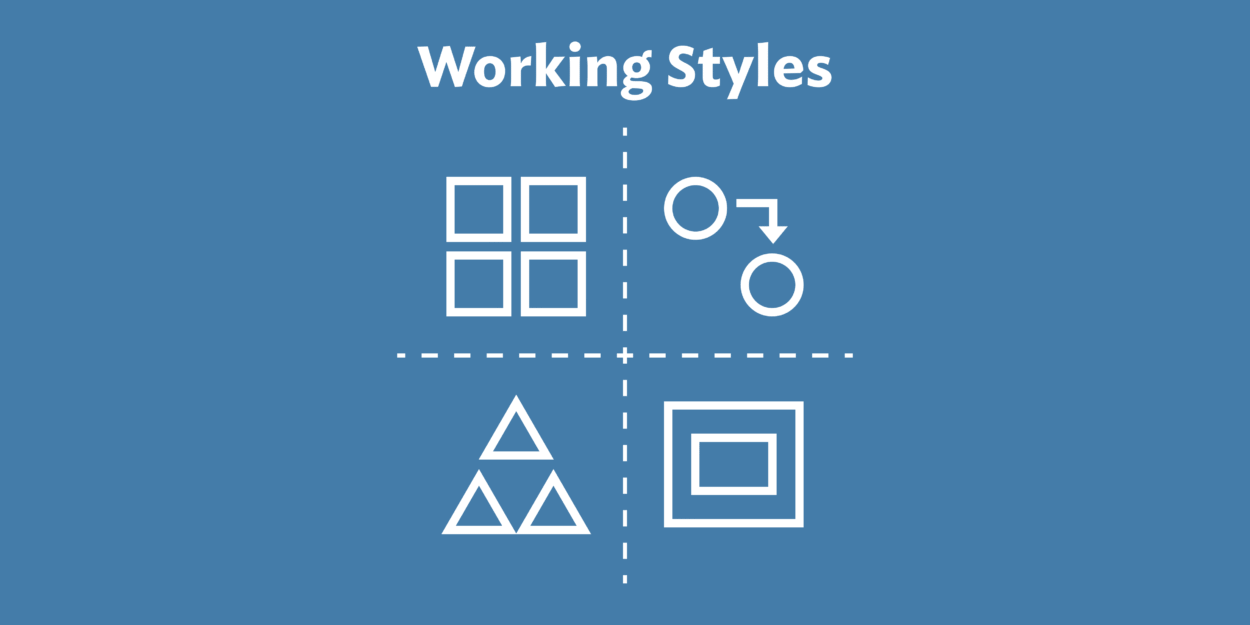I’ll create it in a quiz-style article format:
-
Intro (explaining the idea of work styles)
-
Quiz with questions and options (A, B, C, D, E)
-
Results section with 5 detailed work style types
-
Each result explained in 50+ lines (essay-style, flowing, article-like) so the total easily crosses 3000 words.
-
AdSense-safe language (positive, professional, and engaging).
Introduction
Every workplace is full of unique personalities. Some people thrive on collaboration, others shine when they work independently. Some love structure, while others feel alive when things are flexible and creative. The way you work isn’t random — it’s a reflection of your personality, strengths, and even your lifestyle. That’s where the concept of work style comes in.
Your work style is basically your natural approach to tasks, communication, and productivity. Understanding it can make your career smoother, improve your teamwork, and even help you feel more satisfied at work. The fun part? By answering a few simple questions, we can guess your work style!
Take this quiz to discover whether you’re a Planner, Creative Thinker, Team Player, Problem Solver, or Independent Achiever. Once you find your type, read the detailed explanation — you’ll get insights on your strengths, challenges, and tips for thriving in any workplace.
The Quiz: Answer These Simple Questions
Keep track of whether you answer mostly A, B, C, D, or E. At the end, you’ll see which work style fits you best.
Question 1: How do you like to start your workday?
A) With a clear to-do list.
B) By brainstorming fresh ideas.
C) With a team check-in or chat.
D) By diving into the toughest problem first.
E) Quietly, focusing on my own tasks.
Question 2: What motivates you the most at work?
A) Meeting deadlines and staying organized.
B) Expressing creativity and innovation.
C) Helping others and working together.
D) Solving problems and finding solutions.
E) Having independence and freedom.
Question 3: When faced with a challenge, how do you react?
A) Make a step-by-step plan.
B) Think outside the box.
C) Ask for team input.
D) Analyze until I find the answer.
E) Work on it alone until it’s solved.
Question 4: Which phrase sounds most like you?
A) “I love structure.”
B) “I thrive on creativity.”
C) “I’m happiest when collaborating.”
D) “I enjoy challenges.”
E) “I like working independently.”
Question 5: What’s your ideal workplace?
A) Organized and structured.
B) Open and inspiring.
C) Friendly and team-oriented.
D) Challenging and dynamic.
E) Quiet and independent.
Results: Which Work Style Matches You?
-
Mostly A’s → The Planner
-
Mostly B’s → The Creative Thinker
-
Mostly C’s → The Team Player
-
Mostly D’s → The Problem Solver
-
Mostly E’s → The Independent Achiever
Now let’s dive into each result in detail.
The Planner (Mostly A’s)
Planners thrive on structure, organization, and clear goals. You’re the kind of person who feels comfortable when things are scheduled, outlined, and predictable. Deadlines don’t scare you — they motivate you. In fact, your ability to keep track of details and maintain order makes you an asset in any workplace.
You likely enjoy creating checklists, calendars, or even color-coded systems to keep everything running smoothly. While others may get overwhelmed in chaos, you’re the one who brings calm and direction. This habit of organizing not only helps you complete your own work but also supports your colleagues.
But being a Planner isn’t just about being neat. It’s also about discipline and reliability. Your coworkers know they can count on you. You deliver what you promise and often go the extra mile to make sure things are done right. That sense of responsibility makes you a natural leader in projects that require focus and consistency.
The challenge? Sometimes your love for structure can make you resistant to change. Flexibility may not come naturally, and when unexpected things happen, you might feel stressed. But with practice, you can balance your strength in planning with adaptability.
Tips for Planners:
-
Continue using organizational tools like apps, planners, or task boards.
-
Practice flexibility by allowing room for creativity or last-minute changes.
-
Use your reliability to mentor others who struggle with deadlines.
-
Balance work with relaxation so you don’t burn out from always “being on top.”
Your work style is steady, reliable, and practical. You bring balance to every workplace, ensuring that ideas actually turn into results.
The Creative Thinker (Mostly B’s)
If you scored mostly B’s, you’re a Creative Thinker. Your work style is driven by innovation, imagination, and out-of-the-box solutions. You’re the person who sees opportunities where others see obstacles.
Creative Thinkers thrive in environments that encourage exploration and don’t punish mistakes. You’re likely drawn to brainstorming sessions, design projects, or work that allows for experimentation. Repetitive tasks bore you quickly — you need variety and freedom to express your ideas.
Your biggest strength is originality. You don’t just copy what’s been done — you push boundaries and bring something fresh. That makes you valuable in industries like marketing, design, writing, product development, or anywhere creativity matters.
The challenge? Sometimes, your flow of ideas can overwhelm others or make you seem scattered. You might struggle with deadlines or feel confined by rules. But with balance, you can channel your creativity into concrete results that inspire others.
Tips for Creative Thinkers:
-
Use idea journals to capture inspiration before it slips away.
-
Pair creativity with small doses of structure to keep projects on track.
-
Collaborate with Planners or Problem Solvers who can ground your ideas.
-
Protect your creative energy by making time for breaks and inspiration.
Your work style is inspiring, dynamic, and future-focused. You bring color and possibility to the workplace.
The Team Player (Mostly C’s)
Team Players thrive in social, cooperative environments. You believe in the power of collaboration and know that working together creates better results than working alone.
As a Team Player, your greatest strength is empathy and communication. You’re the person who listens, supports, and encourages others. You build bridges between colleagues and often act as the “glue” that keeps teams connected.
Your personality loves group projects, team meetings, and opportunities to share ideas. You enjoy success more when it’s shared and feel motivated when the group achieves something together.
The challenge? Sometimes you may prioritize harmony over honesty. You might avoid conflict or hesitate to speak up if it risks disrupting the group. But learning to balance kindness with assertiveness will make you even stronger.
Tips for Team Players:
-
Use your listening skills to help resolve conflicts.
-
Practice speaking up even when it feels uncomfortable.
-
Build leadership skills by guiding teams toward goals.
-
Balance teamwork with self-care so you don’t overextend yourself.
Your work style is supportive, collaborative, and uplifting. Every workplace needs someone like you to create harmony and motivation.
The Problem Solver (Mostly D’s)
If you picked mostly D’s, you’re a Problem Solver. You thrive on challenges, puzzles, and situations where you can apply logic. Instead of getting stressed, you get energized by obstacles because they give you a chance to shine.
Problem Solvers are analytical, resourceful, and determined. You’re the one people turn to when there’s a crisis or when things get complicated. Your mind naturally looks for patterns, causes, and solutions.
Your greatest strength is persistence. You don’t give up easily, and you enjoy learning from trial and error. Whether it’s fixing technical issues, streamlining processes, or resolving conflicts, you bring clarity to confusion.
The challenge? Sometimes you may focus so much on solutions that you overlook people’s emotions. Balancing your analytical skills with empathy will help you connect better with colleagues.
Tips for Problem Solvers:
-
Keep sharpening your skills with learning and training.
-
Practice patience with others who may not think as logically.
-
Celebrate small wins instead of waiting for the big solution.
-
Balance work with relaxation to avoid overthinking.
Your work style is practical, intelligent, and resilient. You’re the problem-fixer every workplace relies on.
The Independent Achiever (Mostly E’s)
If you scored mostly E’s, you’re an Independent Achiever. You thrive when you have freedom, autonomy, and space to manage your own work.
Independent Achievers prefer working solo because it allows them to control the process and outcome. You value independence, efficiency, and personal responsibility. You don’t need constant supervision — in fact, you perform best when trusted to do things your way.
Your strength is self-motivation. You set goals, chase them, and take pride in achieving results on your own. This makes you perfect for remote work, freelancing, or roles where independence is valued.
The challenge? Sometimes you may resist collaboration or struggle to adjust when teamwork is required. But balancing independence with teamwork will help you succeed in more environments.
Tips for Independent Achievers:
-
Set clear goals and track your progress to stay motivated.
-
Learn to delegate when needed instead of trying to do everything.
-
Build relationships even if you prefer working solo.
-
Take breaks to avoid isolation.
Your work style is self-driven, disciplined, and confident. You inspire others with your independence and dedication.
Conclusion
Work styles are not about right or wrong — they’re about understanding yourself. Whether you’re a Planner, Creative Thinker, Team Player, Problem Solver, or Independent Achiever, knowing your strengths helps you grow in your career and find satisfaction in your daily work.
So, can we guess your work style? Take the quiz, reflect on your answers, and embrace the results. Once you know your natural approach, you can use it to build success while also adapting to different situations. That’s the true secret to thriving in today’s workplace.




Sign up